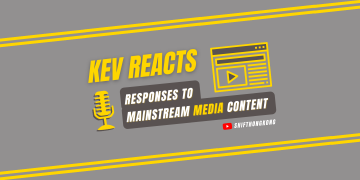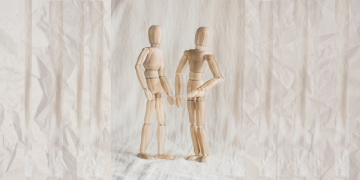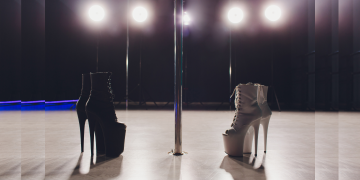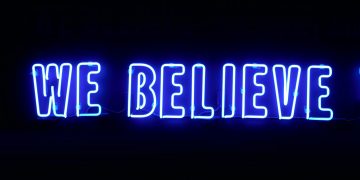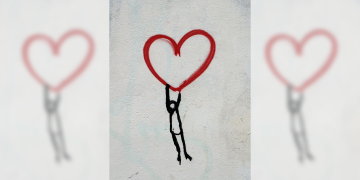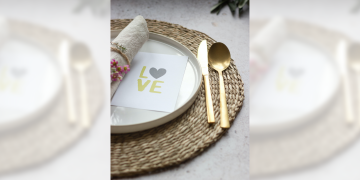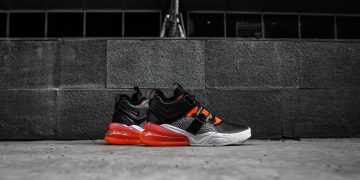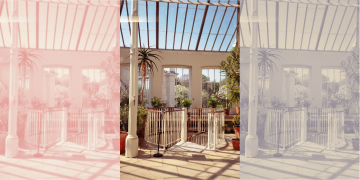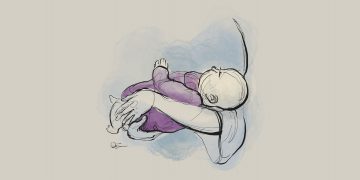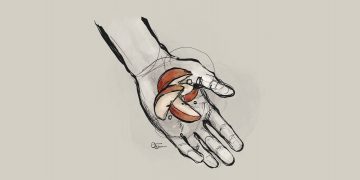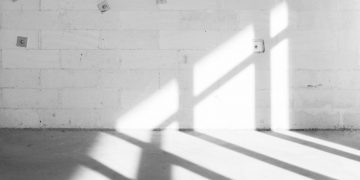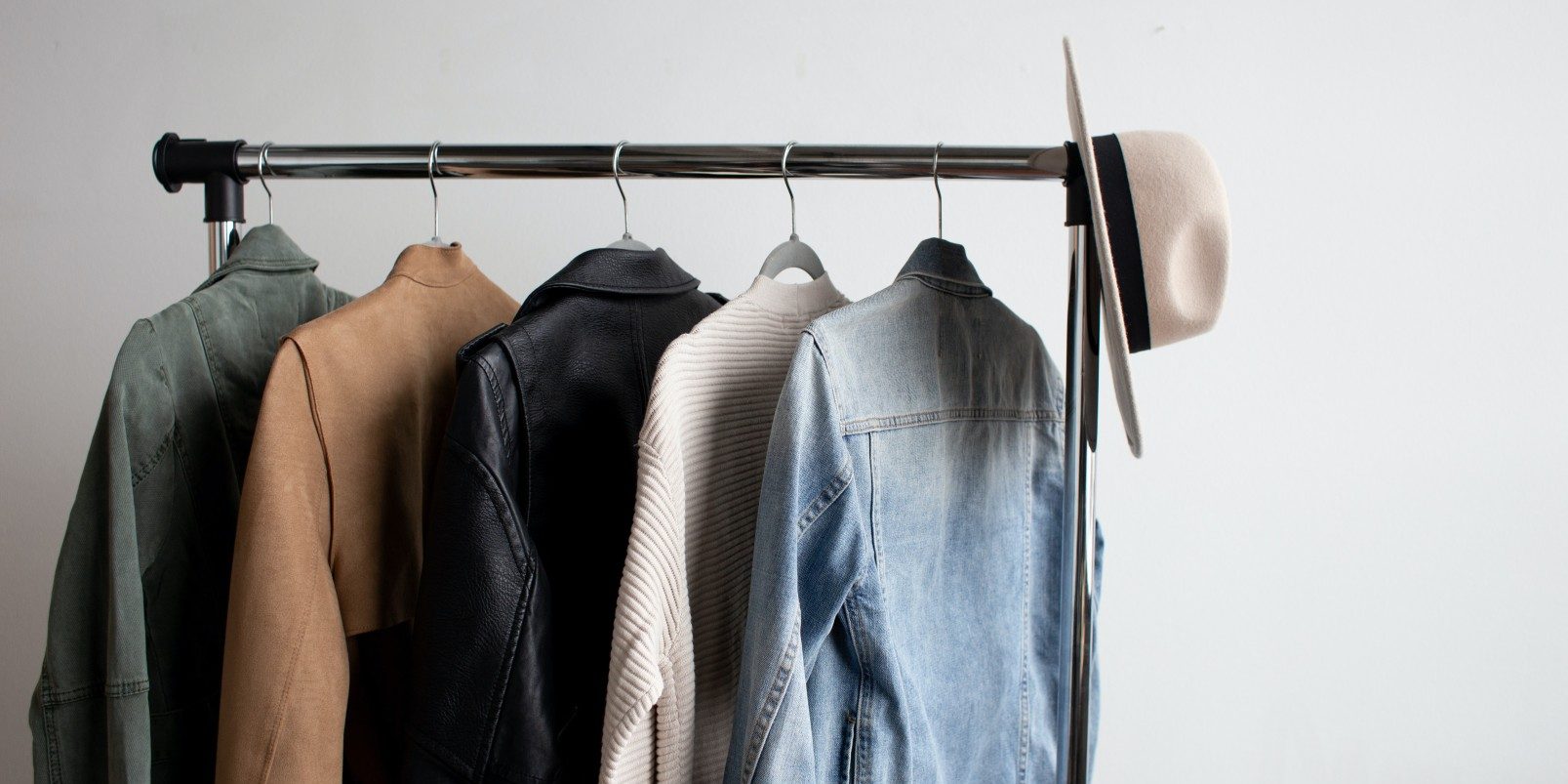With Netflix sensations Marie Kondo and the documentary Minimalism several years ago, came a mass awakening from the rat race of materialism and a wave of collective decluttering of homes around the world. Overconsumption and consumer waste in our society today is real and appalling. With a tap on our phones, we can buy almost anything we want from Amazon and Taobao. Regarding clothing alone, some 150 billion tons of garments are produced each year (more details). But let’s save the fast fashion rant for another day.
While their approaches to minimalism differ, Marie Kondo and the producers of Minimalism (YouTuber Matt D’Avella, bloggers Ryan Nicodemus and Joshua Fields Millburn) all promote the ideal of living with less as a way of achieving happiness. Their followers tell testimonies of life-changing transformation after letting go of their material belongings, and now live in freedom with renewed purpose and meaning in life, as though a weight has been lifted from their shoulders.
Sounds a bit like the gospel? You might be onto something. When asked how to inherit eternal life, Jesus tells the rich young ruler:
“If you would be perfect, go, sell what you possess and give to the poor, and you will have treasure in heaven; and come, follow me.” When the young man heard this he went away sorrowful, for he had great possessions. – Matthew 19.21-22 (see also Mark 10.21-22; Luke 18.22-23)
He also tells His disciples:
“Watch out! Be on your guard against all kinds of greed; life does not consist in an abundance of possessions.” – Luke 12.15
Jesus makes it crystal clear. So, closets purged, junk drawers cleared. Now what?
It’s not (just) about the stuff
Watching decluttering videos on YouTube has become somewhat of a therapeutic pastime for me as I vicariously sort through other people’s closets and decide what goes into the keep, maybe, and donate/sell/toss pile. “I’m going to let go of this pink sweater. It doesn’t spark joy for me anymore.”
All that is to say, more often than not, when we declutter our homes in pursuit of minimalism, the emphasis is still on the material result. Instead of pursuing more, the pursuit is now for a specific aesthetic – crisp white furniture, stylish bedding, sleek appliances, and a beautifully monochrome set of clothes. But all of this is worldliness, just something else we chase after.
… more often than not, when we declutter our homes in pursuit of minimalism, the emphasis is still on the material result. Instead of pursuing more, the pursuit is now for a specific aesthetic … But all of this is worldliness, just something else we chase after.
“For where your treasure is, there your heart will be also.” – Matthew 6.21
If you feel that the things you’re holding onto prevent you from truly devoting your time and attention to worshipping God, by all means, get rid of it. But do you have to deprive yourself of belongings? Will the number of items in your closet make a difference at Heaven’s gate? I think you know the answer.
The life-changing magic of ~the Gospel~
Once an art movement in the 1960s and 70s, minimalism as the cultural phenomenon that came about five or six years ago is, too, a trend. Trends come and go.
The grass withers, the flower fades, but the word of our God will stand forever. – Isaiah 40.8
For some, minimalism is seen as a spiritual discipline, a soul-cleansing process, if you will. You can declutter not only your surroundings, be it physical or digital, but even your thoughts, your bad habits, and the people who influence you. However, as John Mark Comer writes in The Ruthless Elimination of Hurry, at the end of the day, minimalism is a means, not an end.
… minimalism is a means, not an end.
Jesus may have warned people against an abundance of possessions, but we could own very little and still not know Him. We can, however, have messy lives and still receive the grace of God.
We should apply wisdom to what we own and purchase, live intentionally, and be responsible and grateful stewards of our material wealth. But the ultimate question remains: Are you willing to give it all up and take up your cross to follow Christ?
We should apply wisdom to what we own and purchase, live intentionally, and be responsible and grateful stewards of our material wealth.















